China’s strict censorship rules have led to many films being banned over the years, whether for political reasons, controversial content, or depictions of sensitive topics.
20 | Alien: Covenant
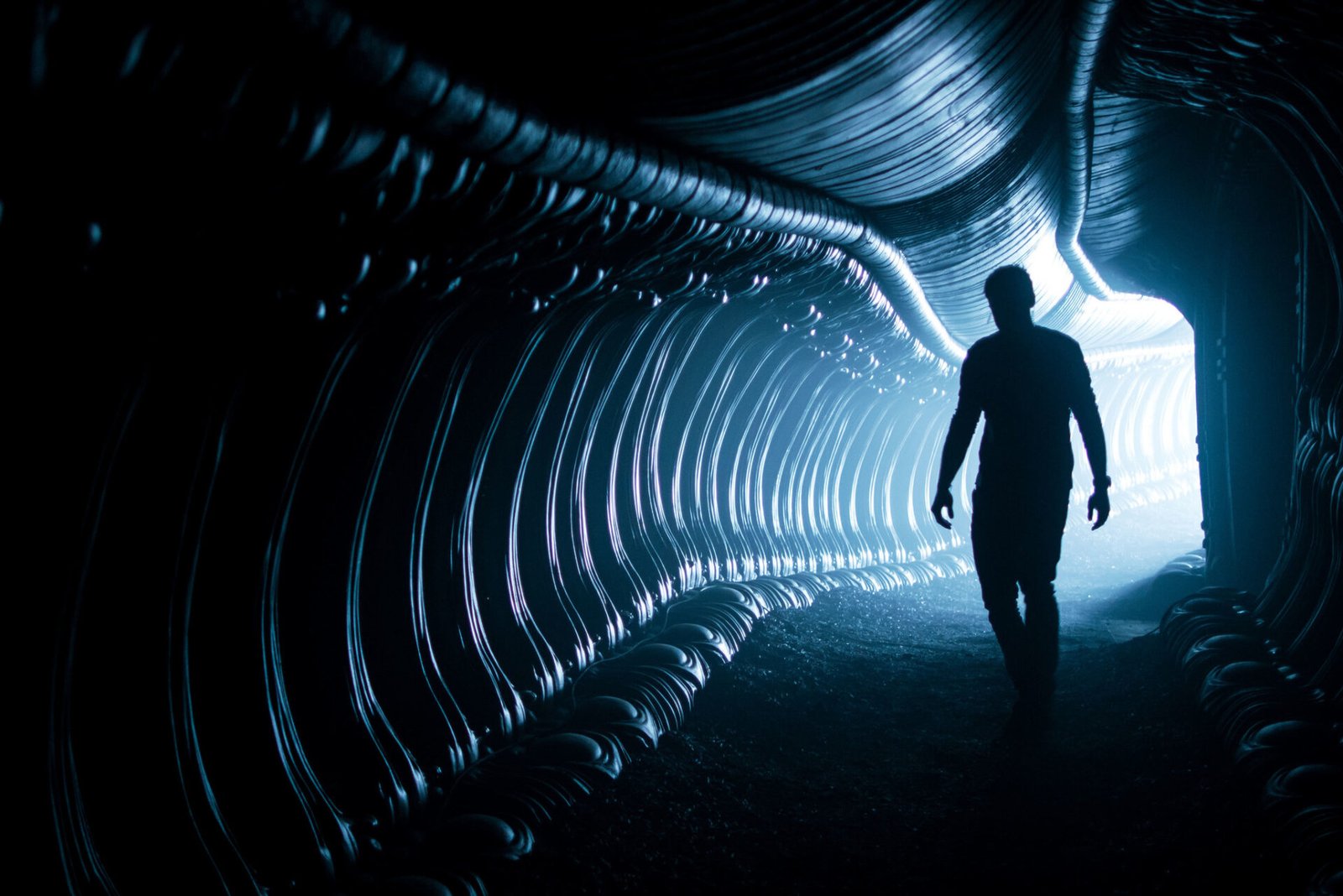
Ridley Scott’s “Alien: Covenant” takes the audience on a terrifying journey as a colony ship crew encounters a deadly alien species on a seemingly perfect planet. As they fight for survival, they discover that David, an android from the previous “Prometheus” mission, has been experimenting with creating the perfect life form—one designed to eradicate humanity. Despite the film’s gripping horror and visual spectacle, it faced censorship in China. Key scenes were cut, including moments of intense violence and a controversial kiss between two androids, which pushed the boundaries of sexual content and was deemed unacceptable for Chinese audiences.
19 | Fight Club
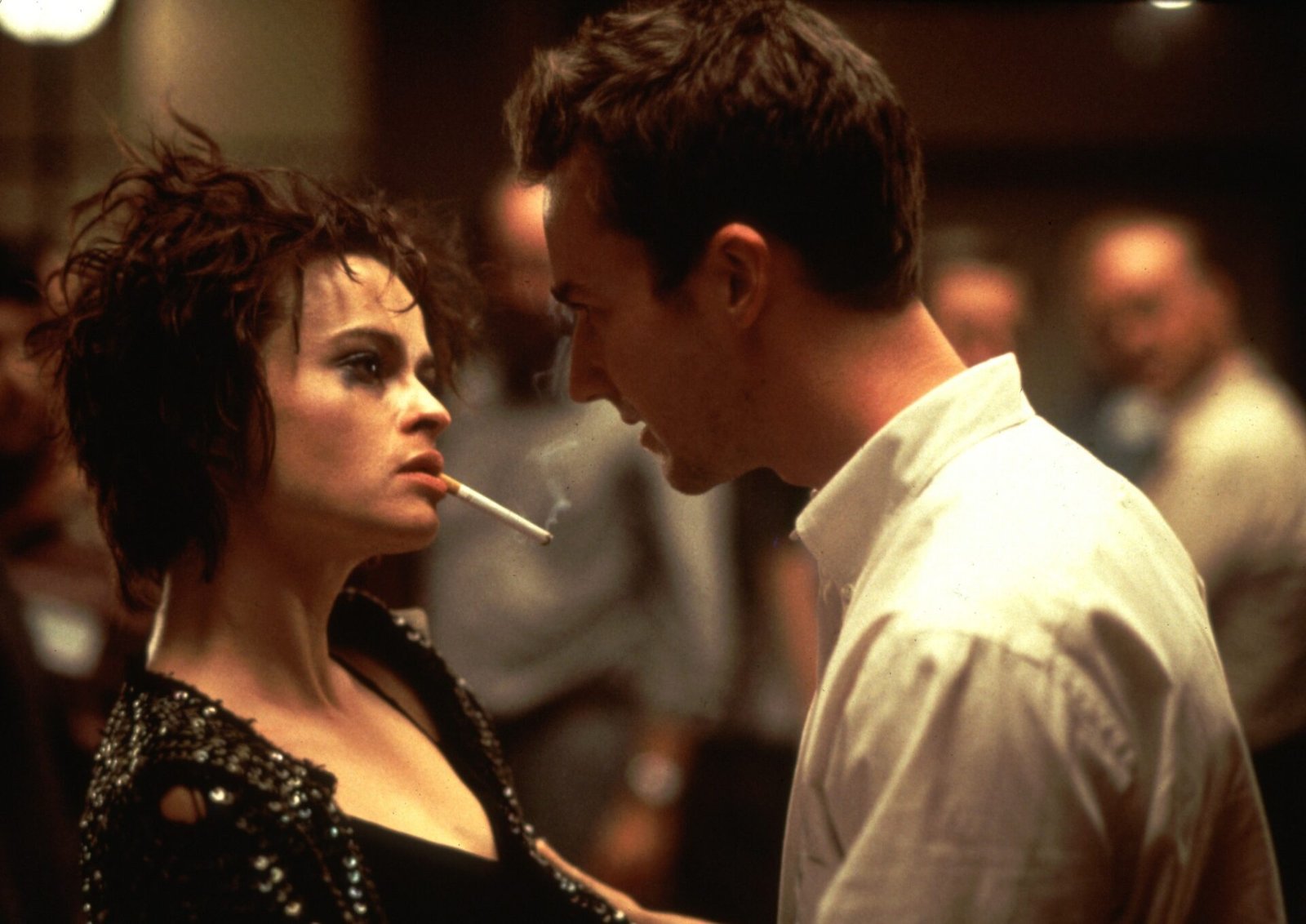
“Fight Club,” directed by David Fincher, follows an unnamed narrator and his alter ego, Tyler Durden, as they form an underground fight club that spirals into anarchic rebellion against modern consumerism. Its themes of anti-authoritarianism, violence, and societal collapse made it a tough sell for Chinese censors, who famously altered the film’s ending. In China, the anarchic destruction in the original was replaced with a text overlay implying the authorities saved the day—a clear deviation from the film’s nihilistic message.
18 | Lord of War
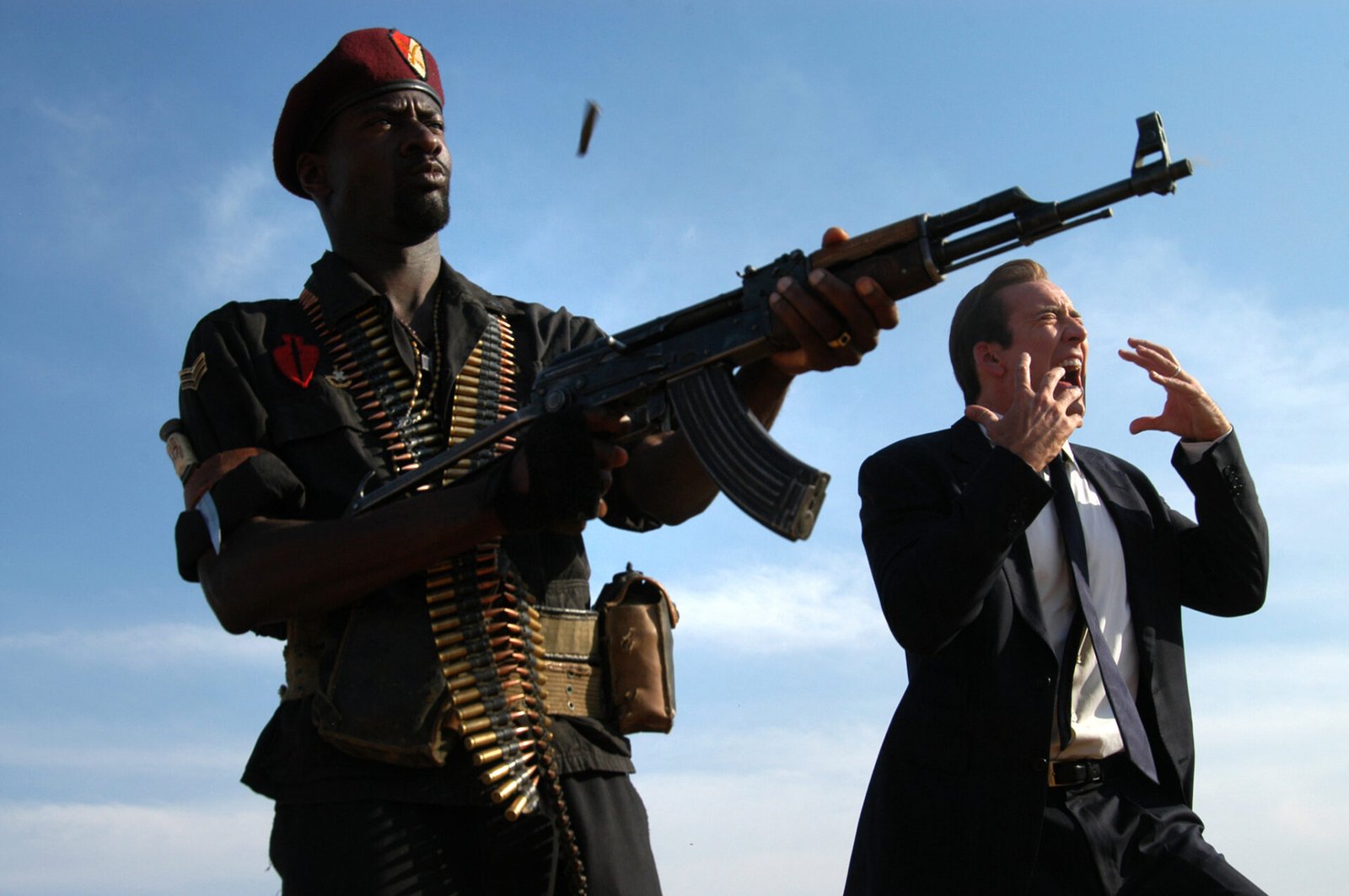
“Lord of War,” starring Nicolas Cage, explores the life of an arms dealer profiteering from global conflicts. The film’s critical stance on arms trade, especially involving superpowers like the U.S., made it controversial in China, where censorship tends to avoid content that paints governments or global power structures in a negative light. Its portrayal of corruption and the arms industry’s role in destabilizing nations likely contributed to its ban.
17 | Frankenstein
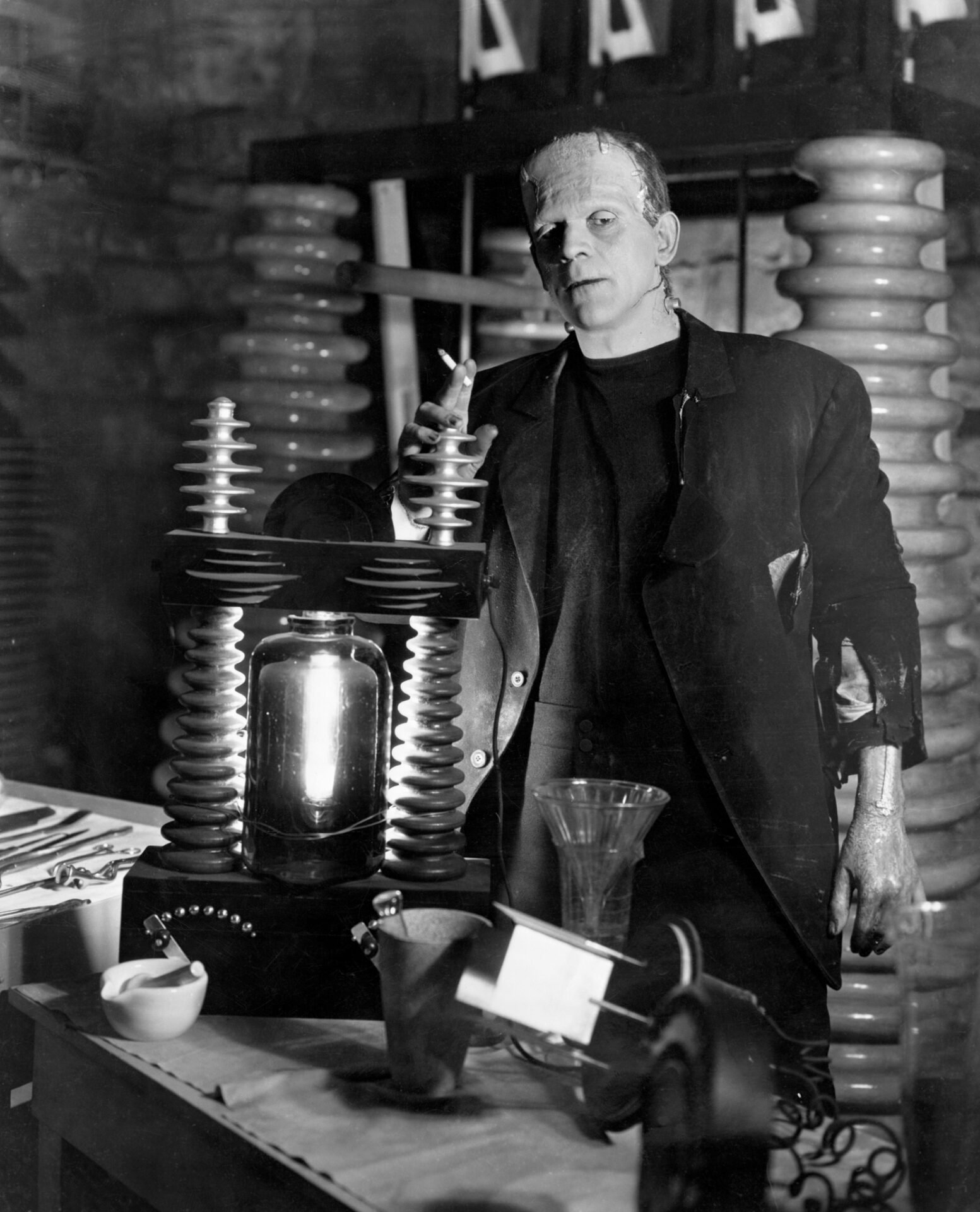
“Frankenstein,” the classic tale of a scientist creating life, was banned in China due to its “superstitious” themes and depiction of unnatural human creation. The portrayal of reanimating dead flesh conflicted with the state’s ideological stance on scientific integrity and atheism, leading to the film being categorized as promoting unscientific, supernatural ideas.
16 | Alice in Wonderland
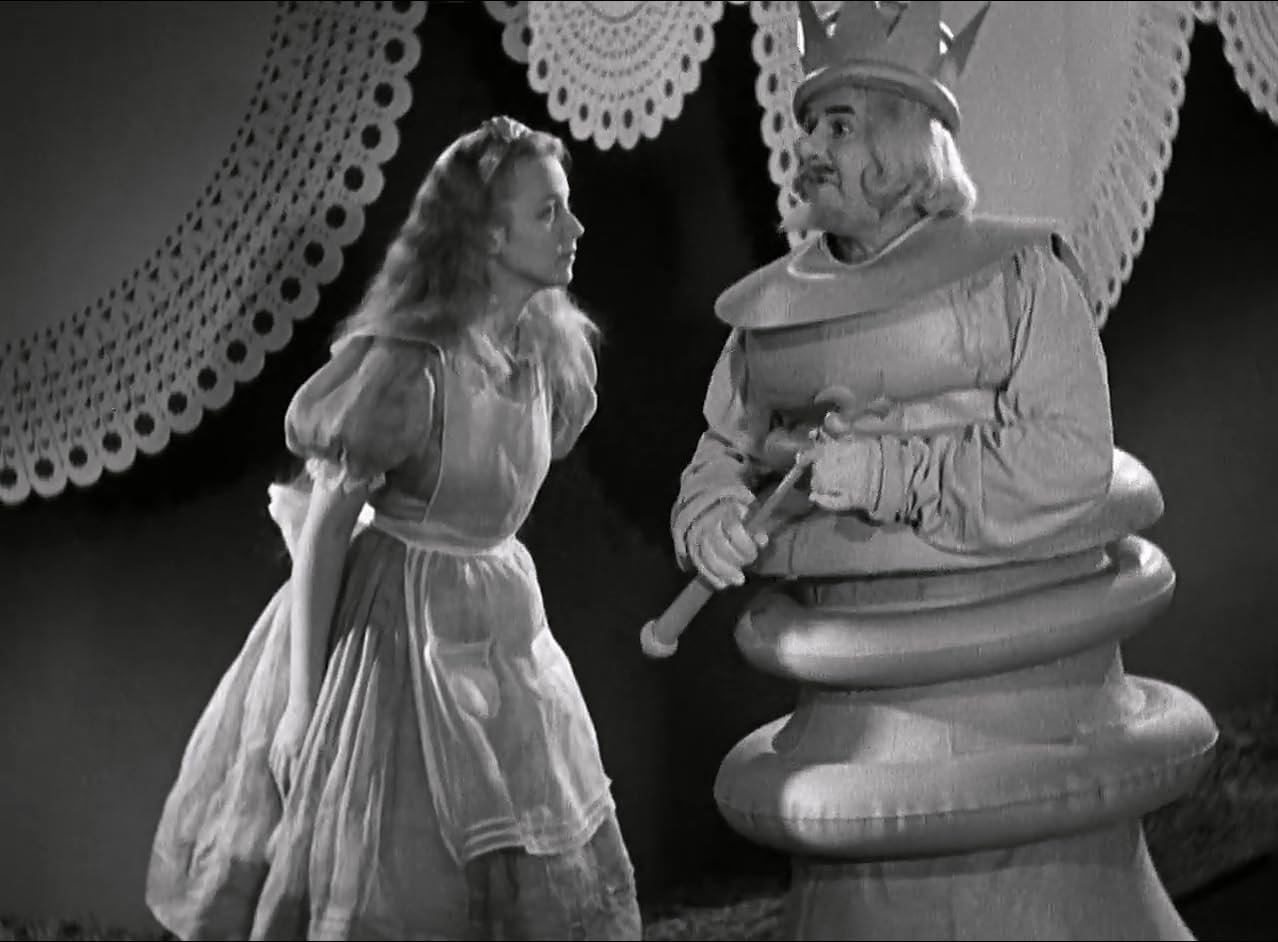
Tim Burton’s “Alice in Wonderland” reimagines Lewis Carroll’s beloved story with a dark, whimsical twist. However, its depiction of magical creatures and alternate realities was seen as promoting unscientific fantasy elements, leading to a ban in China. Films with heavy fantastical or supernatural themes, especially those that involve creatures behaving like humans, often face censorship for being “too strange” or promoting escapism.
15 | Back to the Future
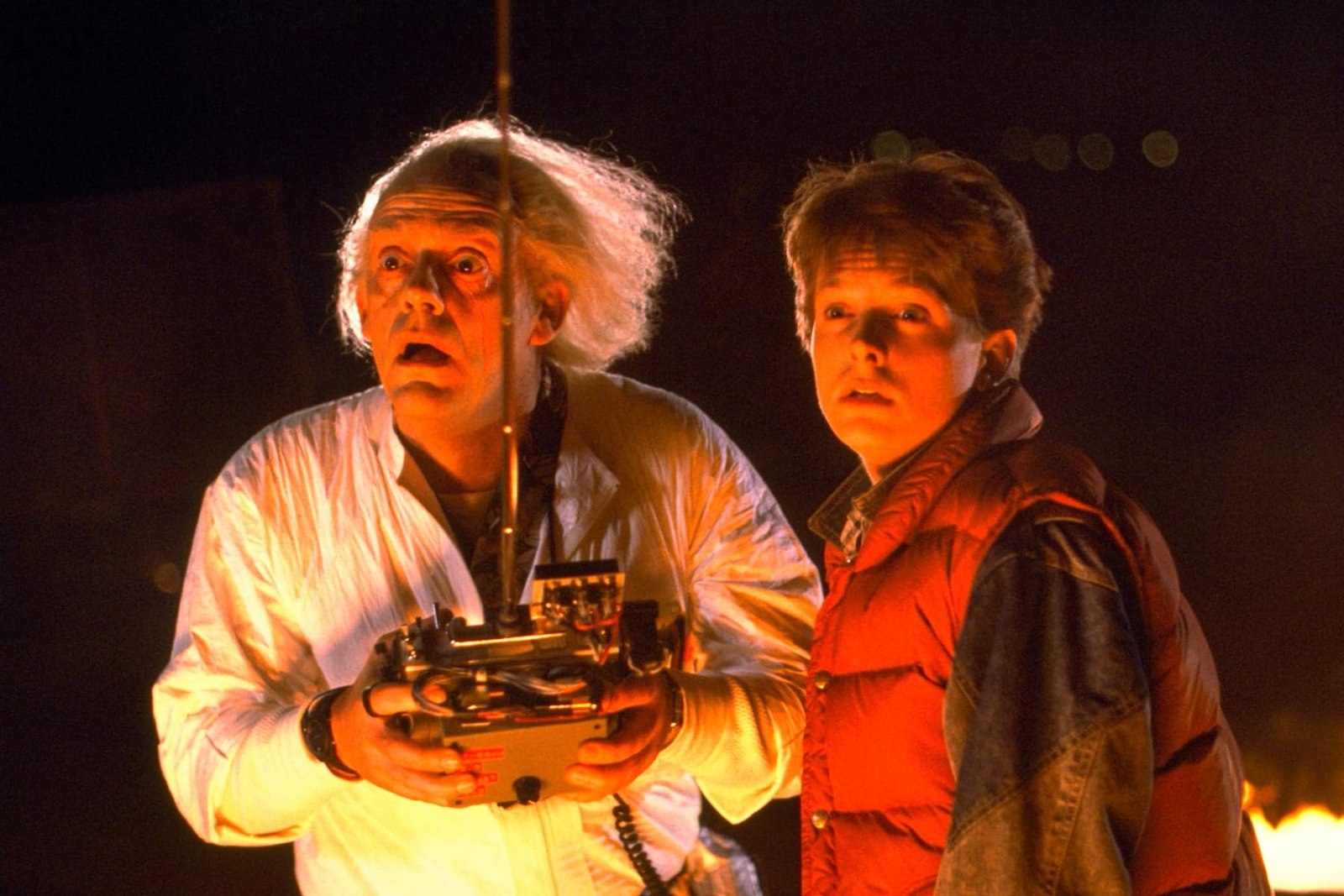
“Back to the Future” is a sci-fi classic where Marty McFly travels through time to fix his family’s past. Time travel itself, however, is a sensitive subject in China. The film was banned because Chinese censors oppose depictions of time travel, fearing they encourage a lack of respect for history by implying that the past can be changed or manipulated.
14 | V for Vendetta
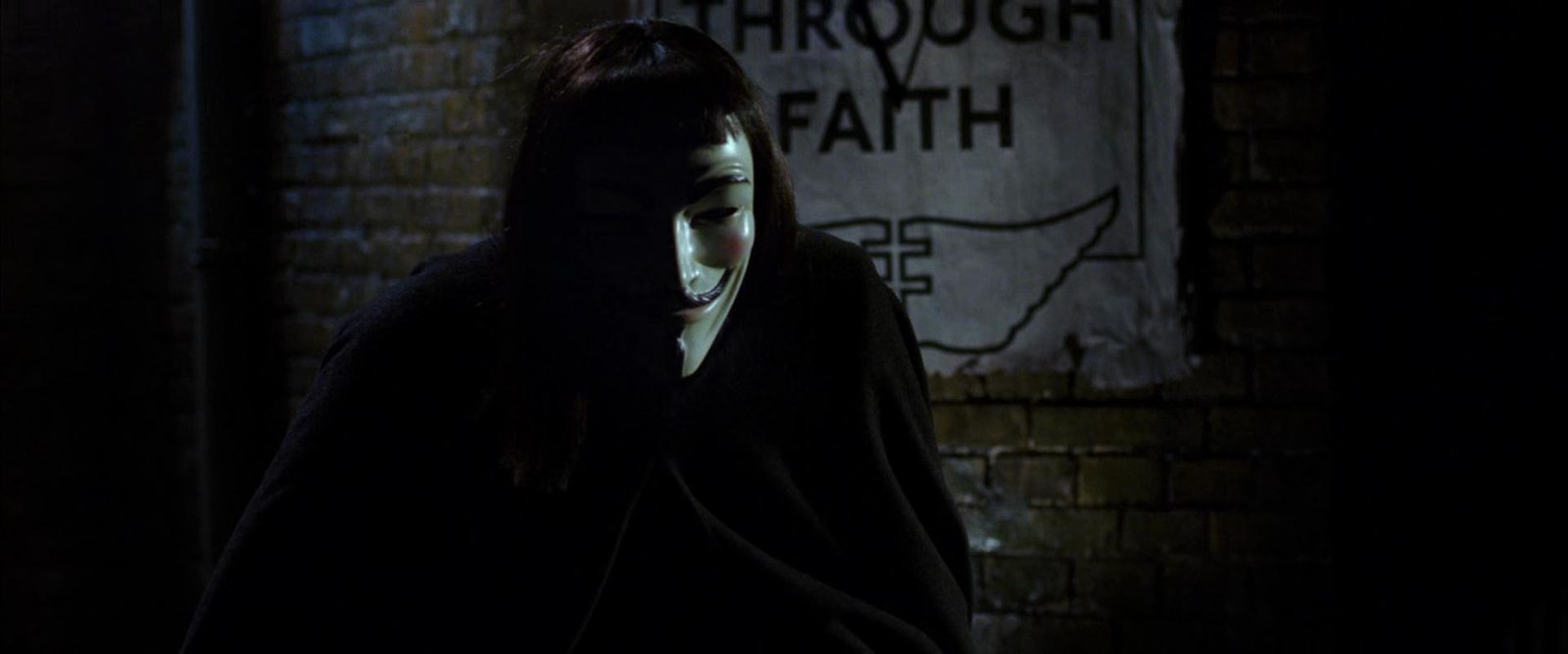
“V for Vendetta,” a dystopian thriller about a masked vigilante challenging a totalitarian government, was banned for its political themes. The film’s depiction of revolution against oppressive regimes was seen as too closely mirroring real-world concerns over government control, making it dangerous content in a country where censorship prioritizes political stability.
13 | Pirates of the Caribbean: Dead Man's Chest
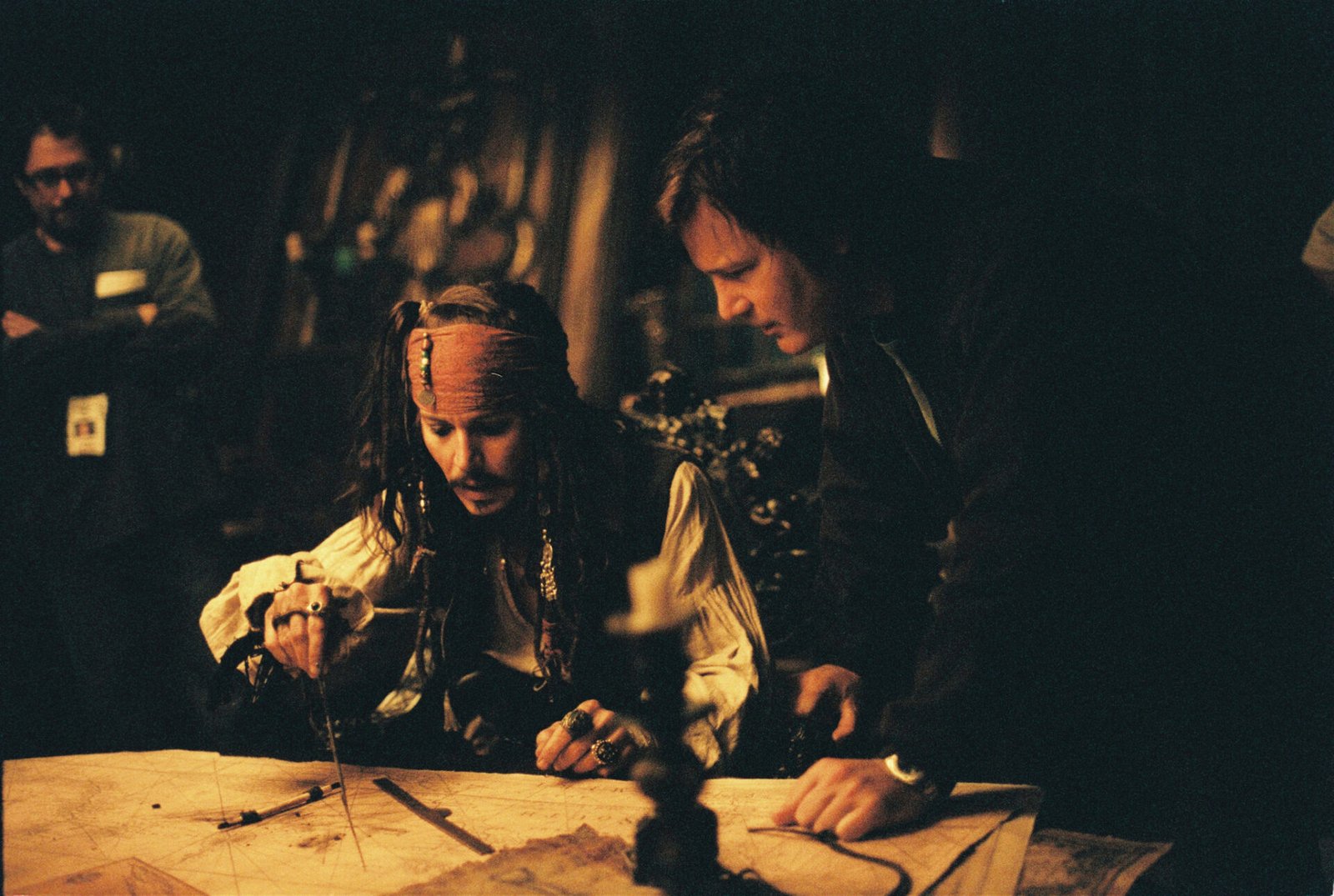
In “Pirates of the Caribbean: Dead Man’s Chest,” Johnny Depp’s Captain Jack Sparrow battles supernatural forces like the tentacled Davy Jones. China’s censors rejected the film due to its heavy use of ghostly figures and supernatural beings, which clash with the country’s restrictions on depictions of the afterlife and ghosts in entertainment.
12 | World War Z

“World War Z,” starring Brad Pitt, is a fast-paced zombie apocalypse thriller. The film’s depiction of a global pandemic leading to societal collapse struck too close to home for Chinese authorities, especially as they prefer to avoid films that portray uncontrollable disasters. Its portrayal of mass panic and breakdowns in government control was also a likely factor in its ban.
11 | Top Gun 3D

The iconic “Top Gun” was re-released in 3D, featuring thrilling aerial combat and patriotic themes. However, it was banned in China due to its pro-American military sentiment. Films that glorify the U.S. military, especially in such a jingoistic manner, tend to be rejected in China for fear of promoting Western ideologies.
10 | Captain Phillips

“Captain Phillips,” the intense true story of a cargo ship hijacked by Somali pirates, was banned in China possibly for its unflattering portrayal of piracy in a politically sensitive region. Chinese censors might have feared the film would stoke real-world concerns about international crime and piracy, a topic closely monitored by the government.
9 | Crimson Peak

Guillermo del Toro’s gothic horror “Crimson Peak” was filled with ghostly apparitions and supernatural horror. These depictions, especially ghosts and the afterlife, violated China’s restrictions on supernatural themes, which led to its ban. The eerie, dark fantasy world created in the film was deemed unsuitable for Chinese audiences.
8 | Mad Max: Fury Road

“Mad Max: Fury Road” is a post-apocalyptic thrill ride set in a world of chaos, where resources are scarce, and survival is brutal. The film’s anarchic themes, excessive violence, and the depiction of a lawless world devoid of government control likely led to its ban in China, as these themes could be seen as undermining societal stability.
7 | Christopher Robin
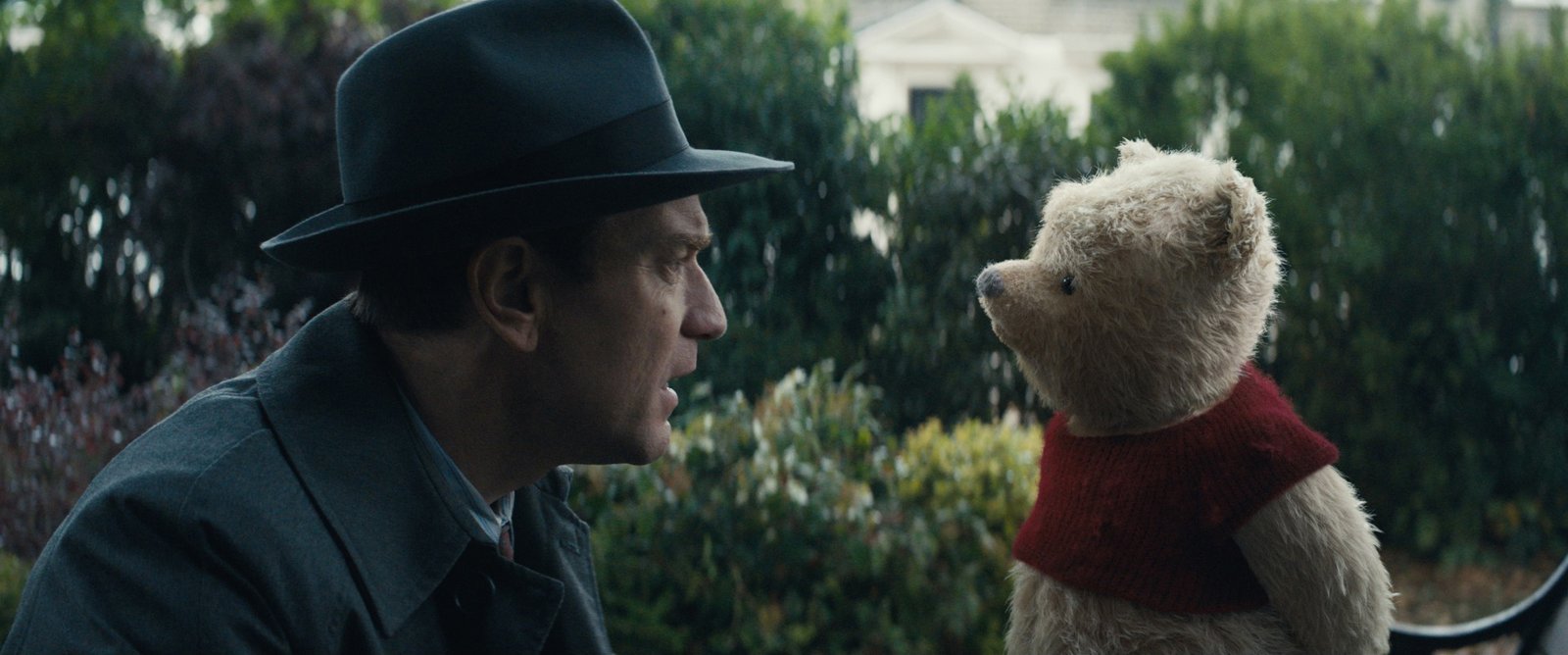
“Christopher Robin” brings Winnie the Pooh to life, but it was banned in China due to the peculiar comparison of the beloved bear with Chinese President Xi Jinping. This meme, which humorously compared the president’s appearance to Pooh, became widespread online, leading to increased censorship of the character across Chinese media.
6 | Joker
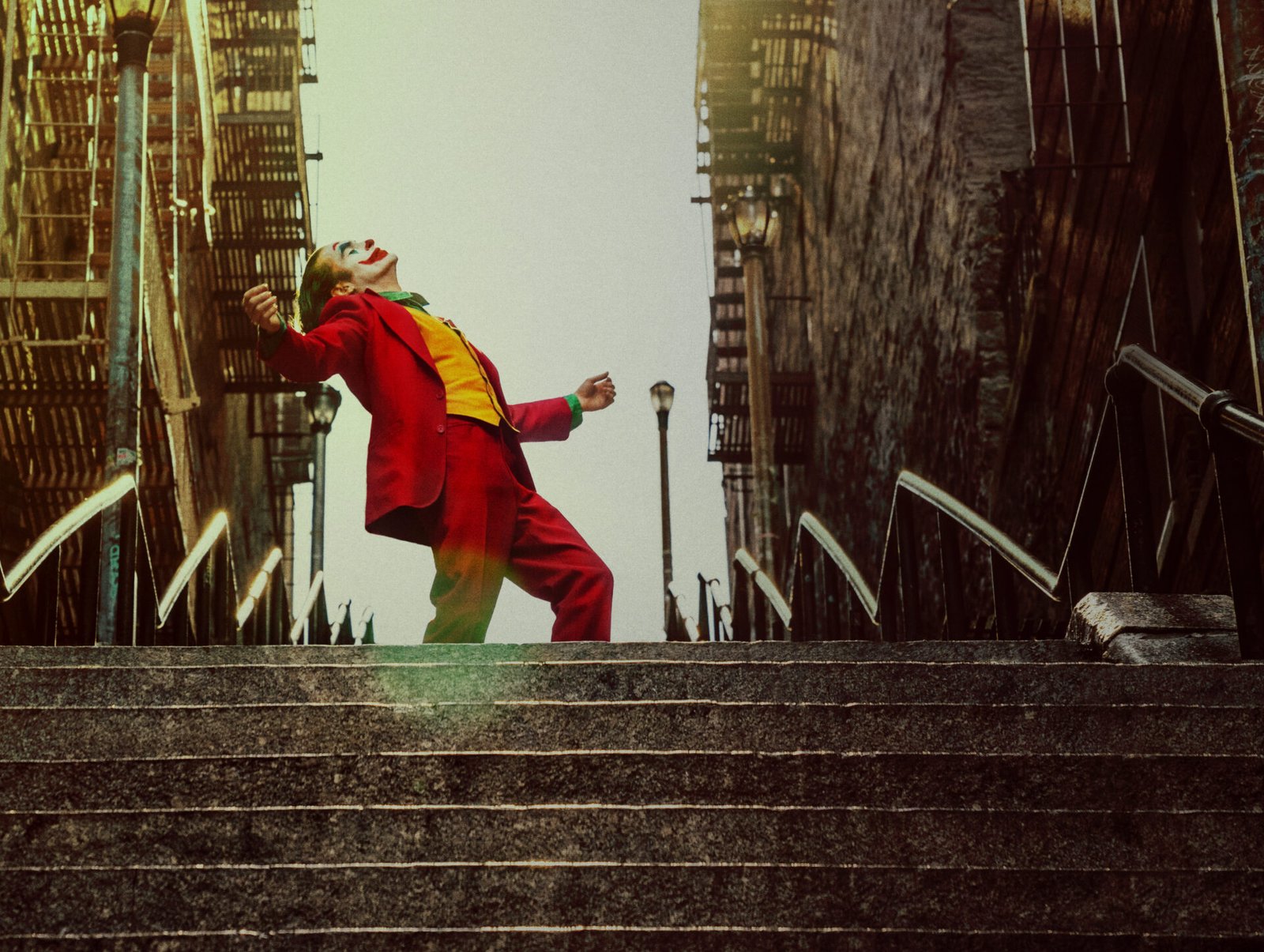
“Joker,” starring Joaquin Phoenix, explores the descent of a mentally unstable man into madness and violence, set against a backdrop of societal neglect. The film’s themes of class struggle, rebellion, and violence against authority figures were considered too provocative for Chinese audiences, and thus it was banned to avoid stirring up unrest.
5 | Monster Hunter

“Monster Hunter,” based on the popular video game, sparked controversy in China with an offensive joke that was perceived as a racial slur. The line caused outrage, and the film was quickly pulled from Chinese cinemas, even after the scene was edited. This incident highlights how sensitive dialogue can lead to drastic censorship responses.
4 | Lara Croft: Tomb Raider – The Cradle of Life
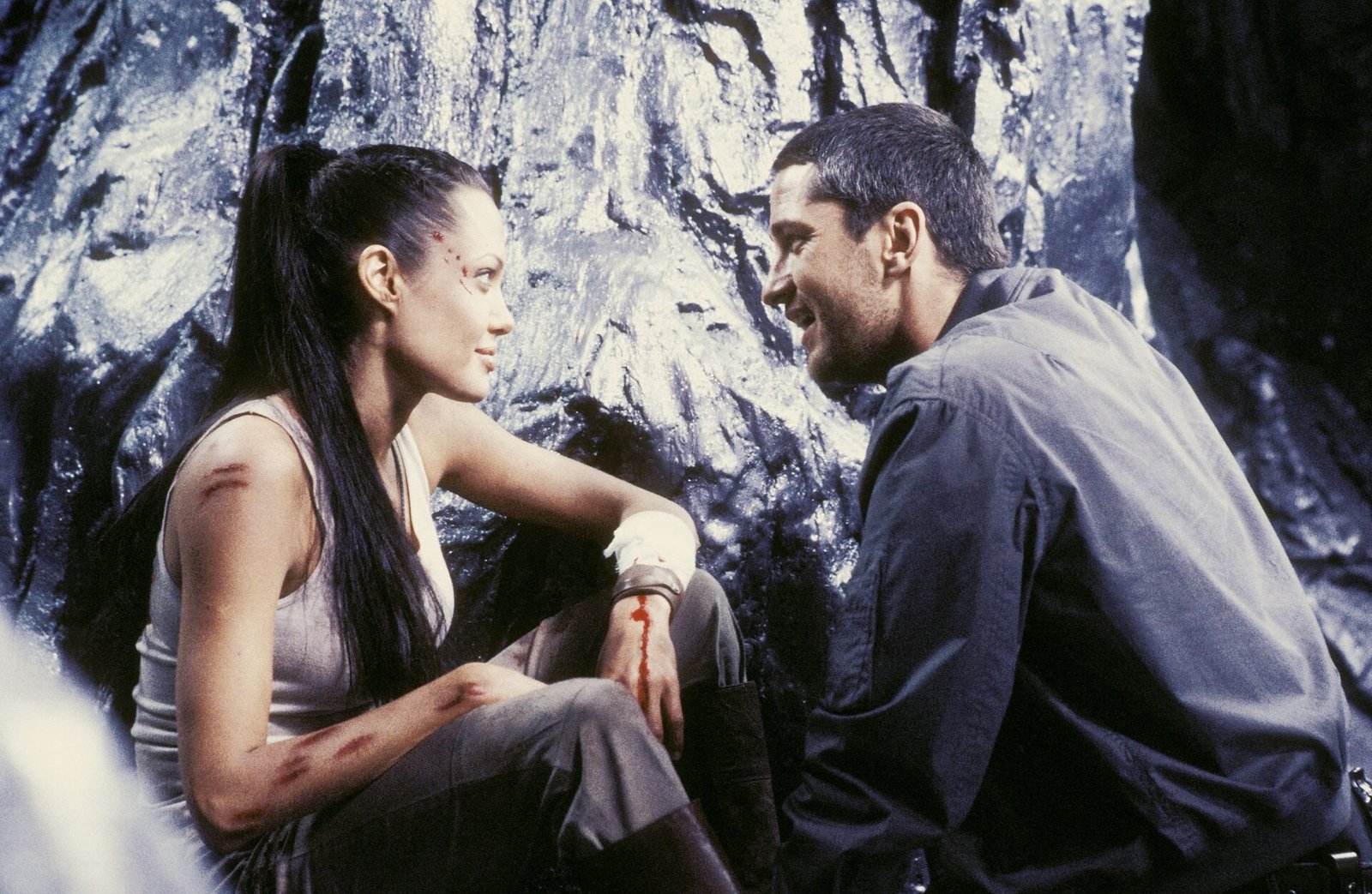
In “Lara Croft: Tomb Raider – The Cradle of Life,” Lara Croft embarks on a global quest to stop a bioweapon from falling into the wrong hands. The film’s portrayal of Chinese locations and characters in a negative light, along with the depiction of lawlessness in the country, likely contributed to its ban in China.
3 | Memoirs of a Geisha
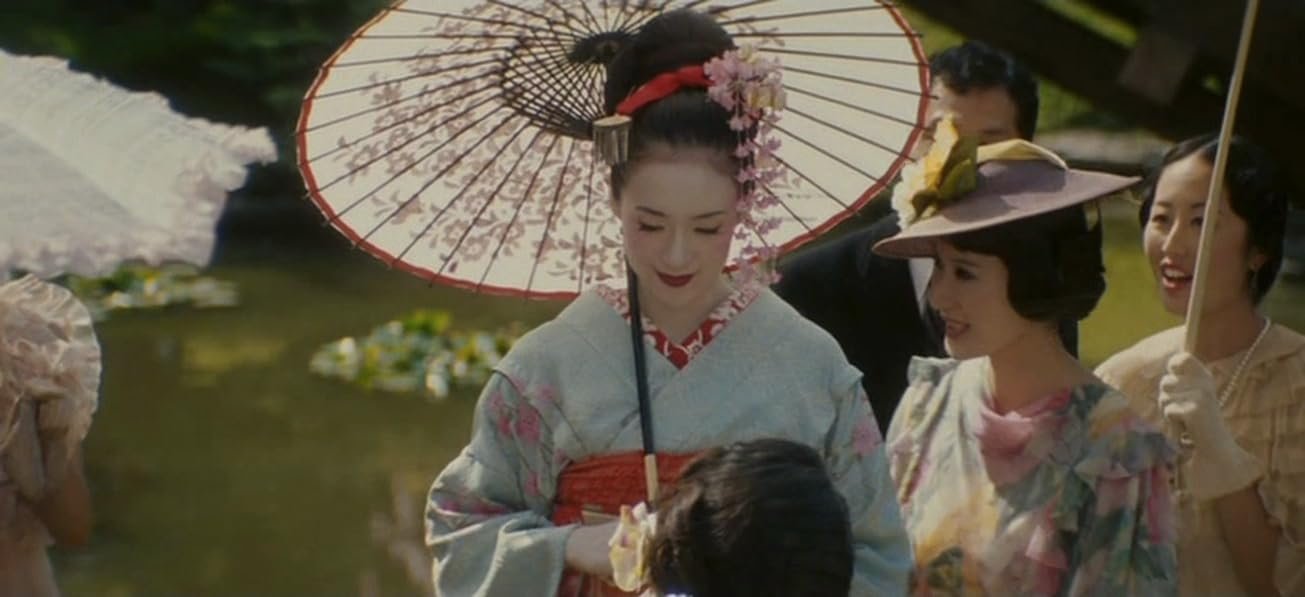
“Memoirs of a Geisha” follows the life of a Japanese geisha in the early 20th century, but its casting of Chinese actors as Japanese characters stirred nationalist outrage. Additionally, its portrayal of Japan’s cultural history during wartime periods that involve China was sensitive, leading to the film’s ban.
2 | Deadpool
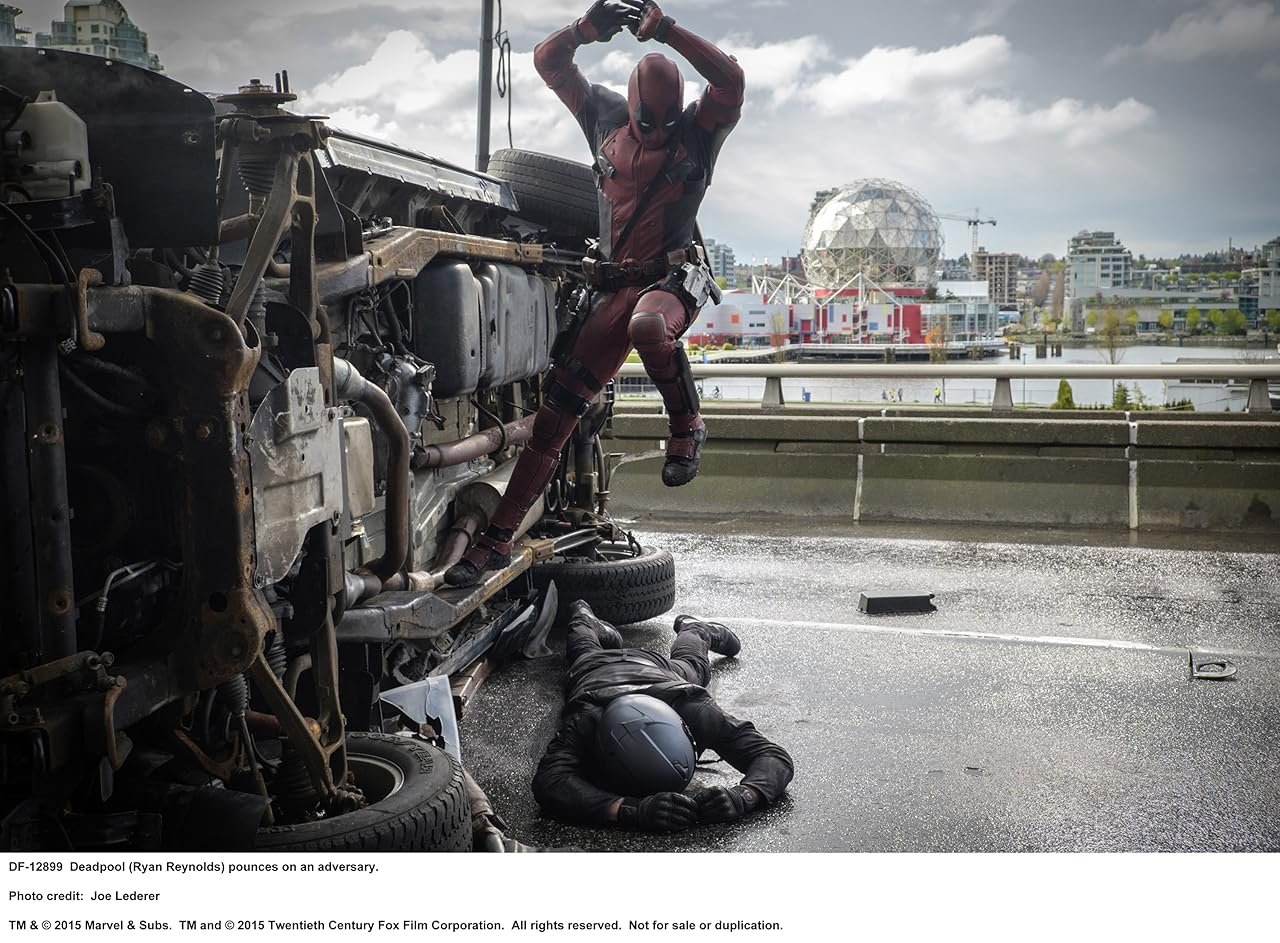
“Deadpool” is known for its irreverent humor, graphic violence, and raunchy content. The film’s over-the-top violence and crude jokes made it impossible for Chinese censors to approve without significant cuts, which would have altered its core appeal. As a result, it never saw an official release in China.
1 | Suicide Squad
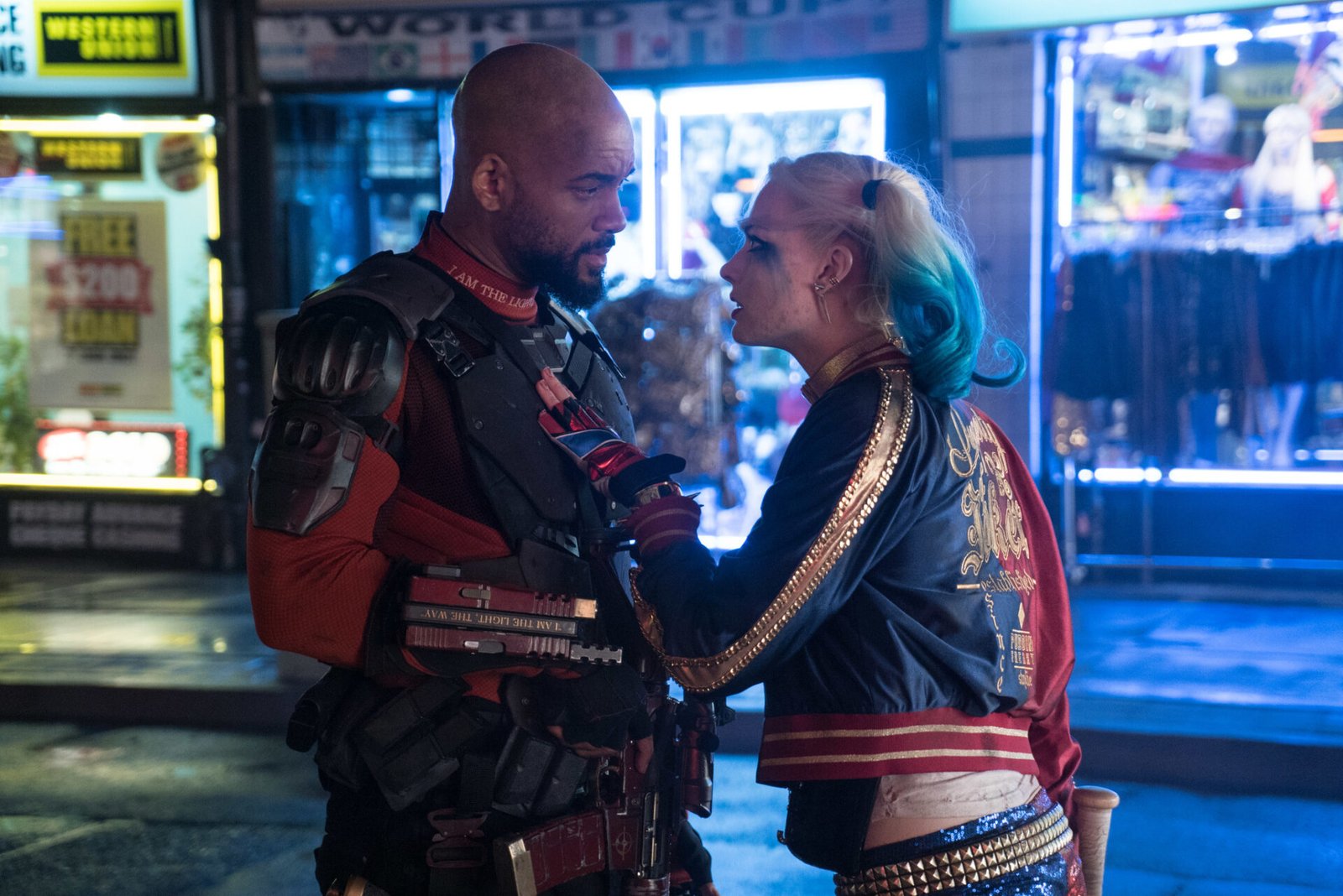
“Suicide Squad,” featuring a group of anti-heroes on a dangerous mission, was banned due to its dark tone, depiction of violence, and chaotic portrayal of anti-authoritarian characters. The film’s moral ambiguity and lack of clear heroism were also considered inappropriate for Chinese audiences.















